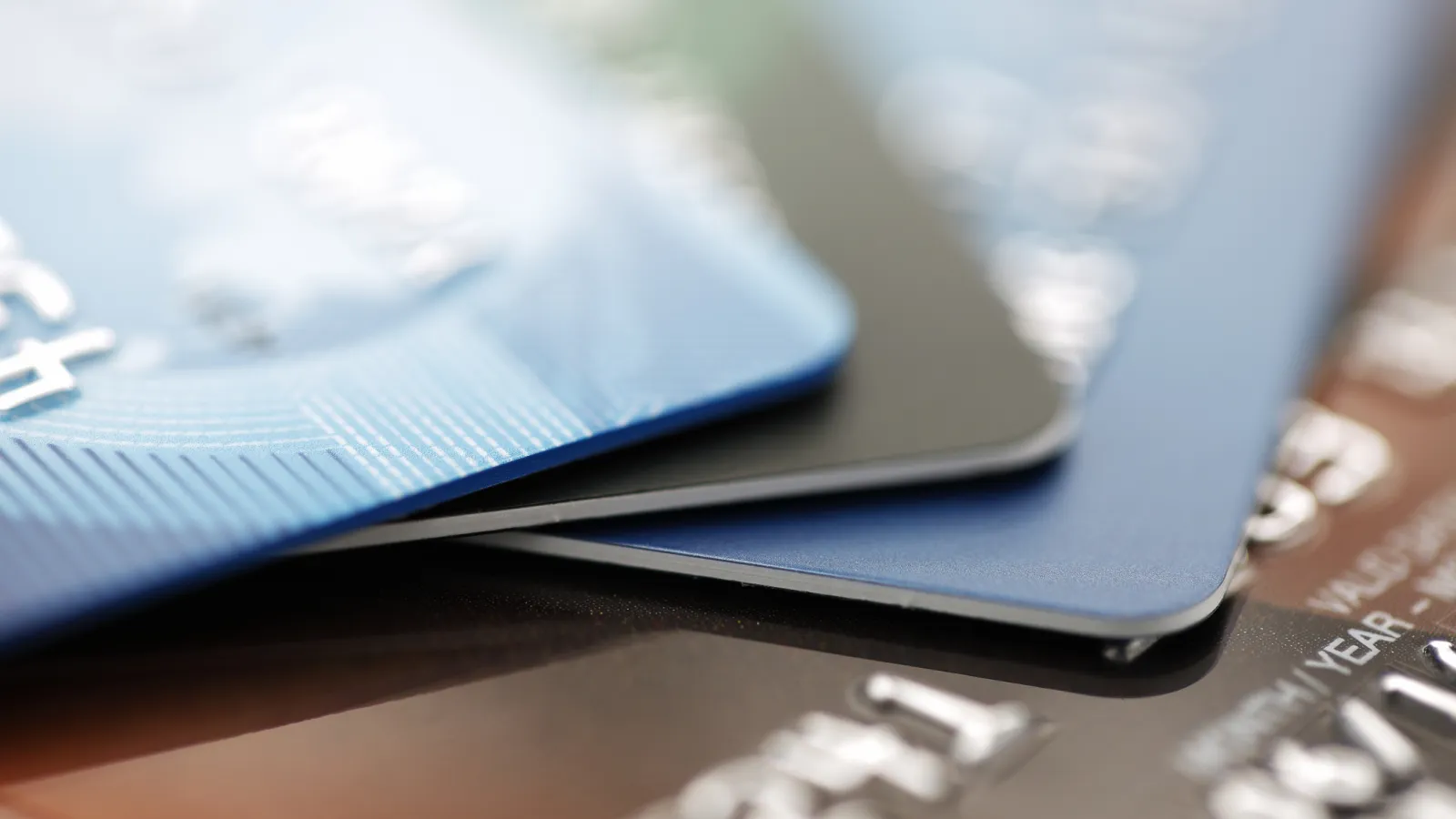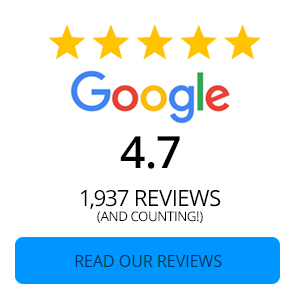As a college student, you're probably no stranger to debt. As the Institute for College Access and Success points out, in 2018, 65% of graduating seniors were in debt thanks to student loans. Although student loans are a major source of debt, they aren't the only type of debt college students need to think about. Credit cards are also a big concern, even though restrictions enacted in the past decade have made them more difficult for students to get.
If you're in college and are thinking about getting a credit card, it's essential that you understand exactly what you're signing on for and what you'll need to do to avoid getting overwhelmed by debt.
How Do Credit Cards Work?
A credit card is a type of revolving loan, meaning the amount you borrow can vary from month to month. If you have a card, you can use it to make purchases, ranging from buying a candy bar at a convenience store to purchasing a high-end computer for school. Many card companies give you a certain amount of time to pay off any purchases on your card, without charging you interest. Once that period - called a grace period - has passed, the card begins to charge interest on the remaining balance.
Interest rates vary from card to card, and from borrower to borrower. Someone who the card issuer sees as a low risk, meaning he or she is likely to pay on time, will have a lower rate than a high-risk borrower, or someone the card issuer thinks might miss payments or pay late.
Credit cards aren't free money. Some cards charge annual fees, just for having them. If you use the cash advance option on your card, you're likely to pay a fee, as well as interest, on the amount you withdraw. While you might not have to pay interest or fees depending on the card you get and when you pay your balance. At some point, you will be expected to pay that balance.
How Easy Is it for a College Student to Get a Card?
Admittedly, it's not as easy for college students to get their hands on credit cards these days. There was a time when card companies and banks would set up shop on college campuses, offering free T-shirts or other prizes to students who signed up for cards on the spot. Those days are pretty much gone, thanks in large part to the Credit CARD Act of 2009. The law, which went into effect in 2010, keeps card companies from giving people under age 21 credit cards unless a person has a co-signer (such as mom or dad) or has a steady source of income.
Although it's more difficult to get a card if you're in college, it's not impossible to do so. That's why it's so important to understand how a credit card can have long-term impacts.
Should You Use a Card If You're Approved?
Eligible college students often think about getting a credit card to help establish their credit history and to start building their credit scores. You might wonder if you should use your card if you get one and how much you should use it. A good rule of thumb to follow is to only use your card when you know you have the money to pay it off, in full, by the due date. You've got enough to worry about, between studying for exams and figuring out student loans, to worry about figuring out how you'll pay off a huge credit card bill.
What's an Introductory Offer?
It's not uncommon for a credit card to feature an introductory offer, to entice people to sign up for it. The offer might be zero percent interest for X months or no interest charges on amounts you transfer from another card. If you're considering a card anyway, getting one with an introductory offer can be a nice bonus. But, you want to know the fine print behind the offer, such as when it expires and what conditions can make it null and void. For example, you might lose your zero percent interest rate before the introductory offer expires if you miss a payment or pay late.
How Should You Pay Your Credit Card?
To stay out of debt, you should pay your credit card in full, every month, by the due date. Some people argue that making the minimum payment on your card is the way to go, as it will increase your credit score. That's just not true. Plus, if you only pay the minimum, you'll end up paying a lot in interest and it will take you some time to fully pay off your card, especially if you keep on using it.
Using a credit card responsibly can help you out in the long term, as it helps to build up your credit and helps you develop great financial habits. Learn about the credit card options available through Coosa Valley Credit Union here.

